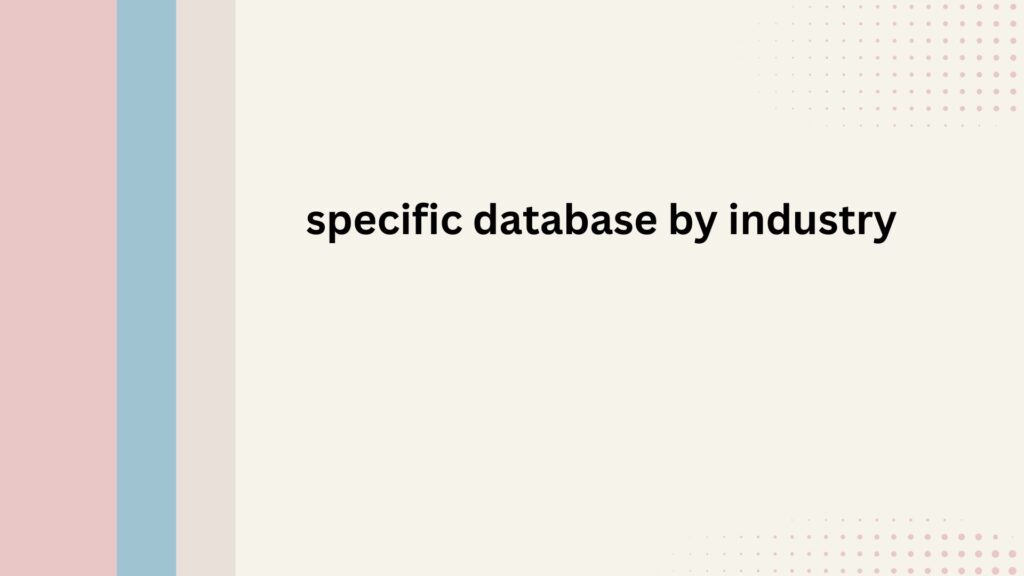Learn about the critical strategies and emerging trends that will shape the marketing landscape in 2024. Explore the future of digital marketing, including innovative approaches, cutting technologies, and consumer-focuse tactics to help your business move forward.
Team is*hosting Feb 8, 2024 4 min
- AI Marketing Automation
- Hyper-personalization through analytics
- Influencer Marketing and UGC
- New SEO Challenges
- Privacy first
Marketing never stands still and requires constant engagement. News, evolving technologies, the introduction of artificial intelligence and new strategies to improve campaign effectiveness all influence the industry.
Following marketing trends can be your way to adapt to a changing market. That’s why we’ve prepare some 2024 trends that will make you think: what innovations should you implement in your business?
AI Marketing Automation
With the growing availability of APIs for AI, the possibilities for integrating these technologies specific database by industry into various applications and systems are becoming almost limitless. Generating ads, creatives, content plans and much more speeds up the work of any specialist.
2023 has been filled with news about the development of artificial intelligence and its implementation in many commonly used applications. Putting aside the prejudices about AI, this technology is quickly entering the marketing field as an automation tool.
Experiments with generative AI in 2023 will undoubtely lead to a broader and deeper deployment of the technology in the planning, creative, and efficiency industries. The introduction of AI to automate some marketing processes does not at all reduce the for creativity, innovative solutions, and specialists.
Conversational marketing, a must-have in 2024, uses targeted messaging and AI-automation to engage with customers in real-time. This digital marketing trend uses intelligent chatbots with machine learning and natural language processing (NLP) to enable customers to have a two-way conversation with a brand.
Hyper-personalization through analytics
Today, customers expect sellers to understand their needs precisely and to approach them individually. Emails, product recommendations, social media interactions – all of this should be personaliz, and 90% of consumers support this trend.
Hyper-personalization is the most advance way for brands to tailor their marketing to specific customers. Not only does implementing this type of strategy improve customer satisfaction, but it also increases brand loyalty and overall marketing effectiveness.
Big Data and AI-base data analysis systems can lead any brand to hyper-personalization and increase the chances of acquiring and retaining a loyal customer. Information obtained from various available sources, be it a social media account, a complete questionnaire on a website, or previously viewe products, should be use to create an individual approach to it and even to anticipate the customer’s expectations.
Influencer Marketing and UGC
Think about how products become popular through and Instagram influencers. The digital version of word of mouth has been around for a long time, but it still holds its own as an effective marketing activity. The only natasha plans to launch another difference today is building a longer-term relationship between the brand and the influencer – and this can safely be called a growing trend in 2024.
The influencer marketing industry has seen steady growth since it became popular in the last decade. As of 2023, it is estimated to be worth $21.1 billion ($16.4 billion in 2022). Moreover, 23% of respondents out of 3,500 surveyed intend to spend more than 40% of their total marketing budget on influencer-related campaigns.
In 2023, (used by 56% of brands interested in influencer marketing) became the most popular influencer marketing channel, overtaking Instagram (51%) for the first time and significantly ahead of Facebook (42%) and YouTube (38%).
Social Media Moves Closer to E-Commerce
Social media platforms are increasingly becoming e-commerce systems, and this is likely to have a significant impact on the digital shopping cn leads market and digital marketing in 2024. Major platforms such as are introducing more and more shopping tools . Brands to make purchasing products more convenient and faster.
This trend allows brands to reach a mass audience already engaged in social media and provide impulse purchases almost directly in the app. Social media users also get a more integrated experience, through browsing products and purchases of friends. The implementation of this trend is closely related to influencers, who will provide potential buyers with valuable information about the newly purchased product.
New SEO Challenges
EAT and EEAT are systems used by Google to evaluate the expertise, authority, and trustworthiness of websites. These ranking systems are what either place your website at the top or stay at the bottom of the list.
EAT stands for Expertise, Authority, Trust. These are the traditional factors that Google looks at when determining the quality of a site.
To improve the effectiveness of evaluating the quality of search results. Google decided to expand the EAT concept to EEAT by adding experience to it.
Google now uses EEAT, a more rigorous framework, to determine what information is most useful to users. Sites must demonstrate expertise, authority, and trustworthiness, and act with integrity and for the benefit of users/society. Google believes that the most valuable content is often created by people with personal expertise in a given area. However, AI-generated content is penalized in search results after verification and detection.
Privacy first
As has been known for some time, Google has announced a gradual phase-out of third-party cookies and other tracking technologies. This process will largely take place in 2024 and marks some innovations.
The API Privacy Sandbox is a Google initiative to develop new APIs for web platforms. Make changes to existing APIs to improve user privacy on the web.







